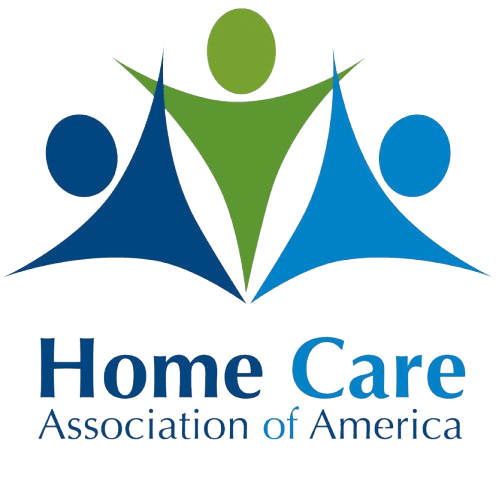Did you know there are hundreds of thousands of senior citizens who have dementia? About ¾ of all those who have dementia are diagnosed with Alzheimer’s disease. Every year there are new cases and researchers are trying to find a cure. At this point the disease can’t be cured, however, there are treatments and some other information that you may want to know as a family caregiver.
What is the difference between Alzheimer’s disease and dementia?
Dementia is not a condition. It is a term that describes a set of symptoms regarding how someone thinks, remembers, and makes decisions. It describes how these symptoms affect a person’s day-to-day lifestyle. There are many different diseases that are put into the dementia category. Alzheimer’s disease is one of them.
How do doctors diagnose Alzheimer’s disease?
There are numerous ways that Alzheimer’s disease can be diagnosed. For most people who have this disease, they start by having their family caregiver take them to a general practitioner. Usually, they are brought here due to concerns about memory loss or concentration issues. It is important to note that all older adults forget things from time to time due to medications, hormonal imbalances, depression, or other things. However, if you are truly concerned about your elderly loved one’s memory loss, don’t hesitate to have their doctor look into it.
If the general practitioner feels it is a good idea, they will refer your elderly loved one to an elderly care physician or neurologist. These are professionals who work with the elderly and their family members to better understand what is going on. There will be paper and pen tests and other assessments to check on your elderly loved one’s memory, orientation, attention span, and communication skills. A CT or MRI will likely be done of their brain, too, so the doctor can look for any damage that may cause the memory loss. If nothing is found, but the assessments come back positive for Alzheimer’s disease, that will likely be the diagnosis.
Common Symptoms of Alzheimer’s Disease
How do you recognize Alzheimer’s disease in your elderly loved one? Some of the symptoms that you may notice include:
- Forgetting conversations they had
- Losing things often
- Forgetting what an object is called
- Difficulty remembering the proper word for something
- Asking questions more often than usual
- Difficulty with making decisions
- Feeling agitated or anxious often
- Forgetting dates and other important events
- Forgetting people’s names
If you notice any of these symptoms in your elderly loved one, they may need Alzheimer’s home care after receiving a diagnosis.
Conclusion
These are some of the top Alzheimer’s disease talking points for 2022. Now that you are more aware of what this disease is and how to recognize it, you can look for the symptoms in your aging loved one. If the symptoms are noticed and your elderly loved one receives a diagnosis of this disease, you may need to get them Alzheimer’s home care services.
Sources
https://www.nia.nih.gov/health/alzheimers/basics
If you or an aging loved one is considering Alzheimer’s care in Stockton, CA, please contact the caring staff at Provident Care Home Care today at (209) 578-1210.



